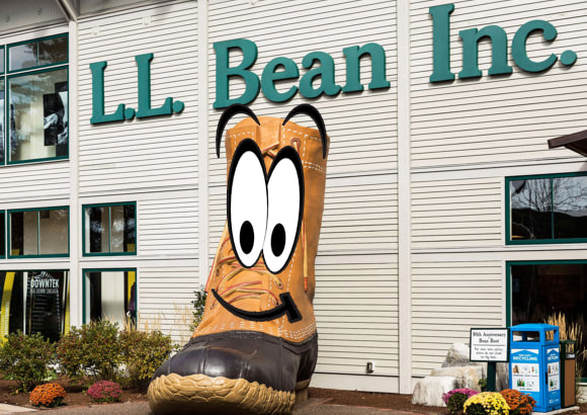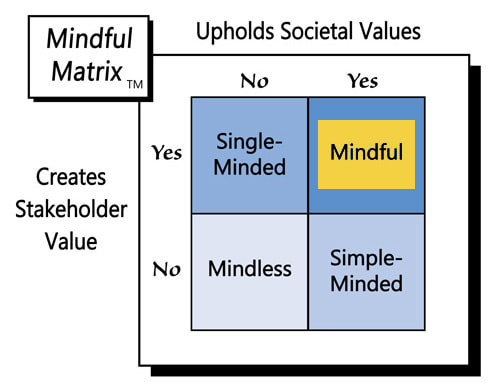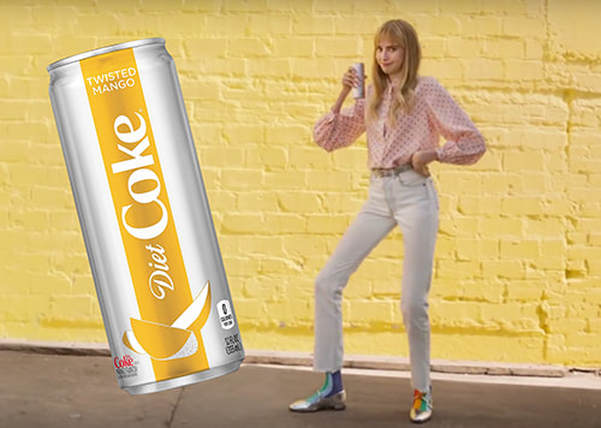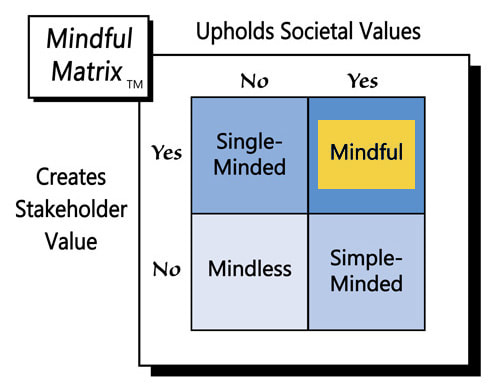Leon Leonwood Bean founded L.L. Bean in Freeport, ME in 1912 to provide a single product: a duck boot called the Maine Hunting Shoe. Over the next 100+ years, the company expanded considerably, both in scale and scope. Despite the great growth, the firm maintained an unwavering focus on quality, backed by a virtually unequaled product return policy.
For more than a century, L.L Bean made a practice of “accepting any return, at any time, in any condition, regardless of the origin of the item.” However, that very liberal largesse came to an end just a few weeks ago when the company announced it would rein in its return policy. L.L. Bean now guarantees its products as follows:
“We stand behind all our products and are confident that they will perform as designed. If you are not 100% satisfied with one of our products, you may return it within one year of purchase for a refund. After one year, we will consider any items for return that are defective due to materials or craftsmanship.”
The company adds that it requires proof of purchase for any refund or exchange, but if customers provide their information at checkout, L.L. Bean will usually have record of the purchase. If not, a physical receipt is needed. In the case of gifts or other returns without receipts, the firm will offer merchandise credit in the amount of the last known selling price, provided that the product is “unused and unworn with the original packaging.”
So, why the change of heart after so many years? According to Forbes, abuse of L.L. Bean’s very generous return policy has been happening for decades; however, the exploitation reached a tipping point in recent years thanks to some particularly obnoxious behavior.
Some people, for instance, found that they could pick-up well-used L.L. Bean items at yard sales and second-hand stores and return them to the retailer for a full-price refund. With the expansion of ecommerce, such unscrupulous behavior has only increased as returns now can be made from anywhere without having to “look a company representative in the eye” when making an appeal.
It’s likely that L.L. Bean’s decision also has something to do with the pressure that so many retailers are now under, especially from Amazon, which has led to many Chapter 11 bankruptcy filings and the promise of even more store closings. Regardless of the specific reasons, L.L. Bean finally decided enough was enough.
Not surprising, many consumers have had a hard time swallowing L.L. Bean’s policy change and no problem voicing their displeasure. For example, one disgruntled customer complained, “Your return policy was the only reason I shopped at #LLBean! I shared your amazing service with friends, colleagues, and more. Now, I'll be sure to suggest they avoid like the plague!”
Others are even more adamant in their claim of personal harm, so much so that they’ve decided to pursue legal action. Victor Bondi recently filed a complaint in Chicago federal court seeking class-action status for a lawsuit against L.L. Bean. The suit alleges that the company is now depriving customers of benefits they had been promised by virtue of the long-standing and heavily-promoted warranty, which had ‘no conditions’ and ‘no end date.’
L.L. Bean likely anticipated that revising its return policy would not be popular, but did it anticipate this kind of backlash? Perhaps it should have, and maybe it could have taken a different tact and/or timeline in communicating and implementing the change. However, was the change itself wrong? As with every Mindful Marketing analysis, there are two filters for answering that question: economics and ethics.
According to Bloomberg, L.L. Bean has seen its rate of “abusive” returns double in the past five so that they now account for a full 15% of all returns. Over that timeframe, those abusive returns cost the company about $250 million.
Against annual revenue of around $1.6 billion, $250 million may not seem like much, but successful companies don’t concede hundreds of millions of dollars unnecessarily, especially when their sales have been “flat for a second straight year” and the retail landscape is increasingly competitive. Furthermore, L.L. Bean had to do something to stem the rapid increase of illegitimate returns, lest even more dishonest consumers try to defraud the company.
But doesn’t the new policy penalize honest customers who bought products with a certain understanding, only to have those terms of purchase changed without their consent or compensation? That’s a fair concern; however, two key factors diminish the argument:
First, L.L. Bean’s original guarantee was not a promise of lifetime replenishment. In other words, there was no reasonable way to interpret that the policy meant customers could buy a product, use it for years and years, then ask for a new one.
Every product wears out eventually. No clothing retailer is responsible for keeping its customers outfitted in pants, hiking shoes, or whatever, just because they once bought a pair from them. If people are looking for an “All you can . . .” option, they should go to a buffet. Interestingly, even such restaurants have restrictions, e.g., you can’t stay in the building indefinitely, and you can’t take food with you when you leave.
Secondly, even with the change, L.L. Bean’s policy is still far better than industry standards. Most retailers allow a couple of weeks or maybe a month to make a return. A few graciously give three months. I can’t think of another retailer that allows a full refund for a full year for no more reason than “I’m not completely satisfied.”
Furthermore, even after a year, L.L. Bean will still allow returns of products that “are defective due to materials or craftsmanship.” So, the company continues to have its customers’ back. Of course, this caveat means that consumers also must show good faith and make a compelling case for the return, not just “I wore it out over 15 years, now I want a new one.”
To use an analogy, many consumers have acted like horrible house guests who have taken advantage of their host’s generosity. L.L. Bean gave some special privileges to those guests, but in return they ransacked the refrigerator, beat up the furniture, and long overstayed their welcome. That bad behavior has forced L.L. Bean to enact some more restrictive but still very reasonable boundaries.
Individuals often react negatively to change, especially when it doesn’t seem to be in their favor. Rationale people, however, can understand why L.L. Bean’s policy change was warranted and how it’s still far better than industry standards. As a result, there should be very little loss in long-term business for the retailer.
In this instance, those guilty of single-mindedness are consumers. L.L. Bean’s new approach to returns checks out as “Mindful Marketing.”
Learn more about the Mindful Matrix and Mindful Meter.
Check out Mindful Marketing Ads and Vote your Mind!







 RSS Feed
RSS Feed